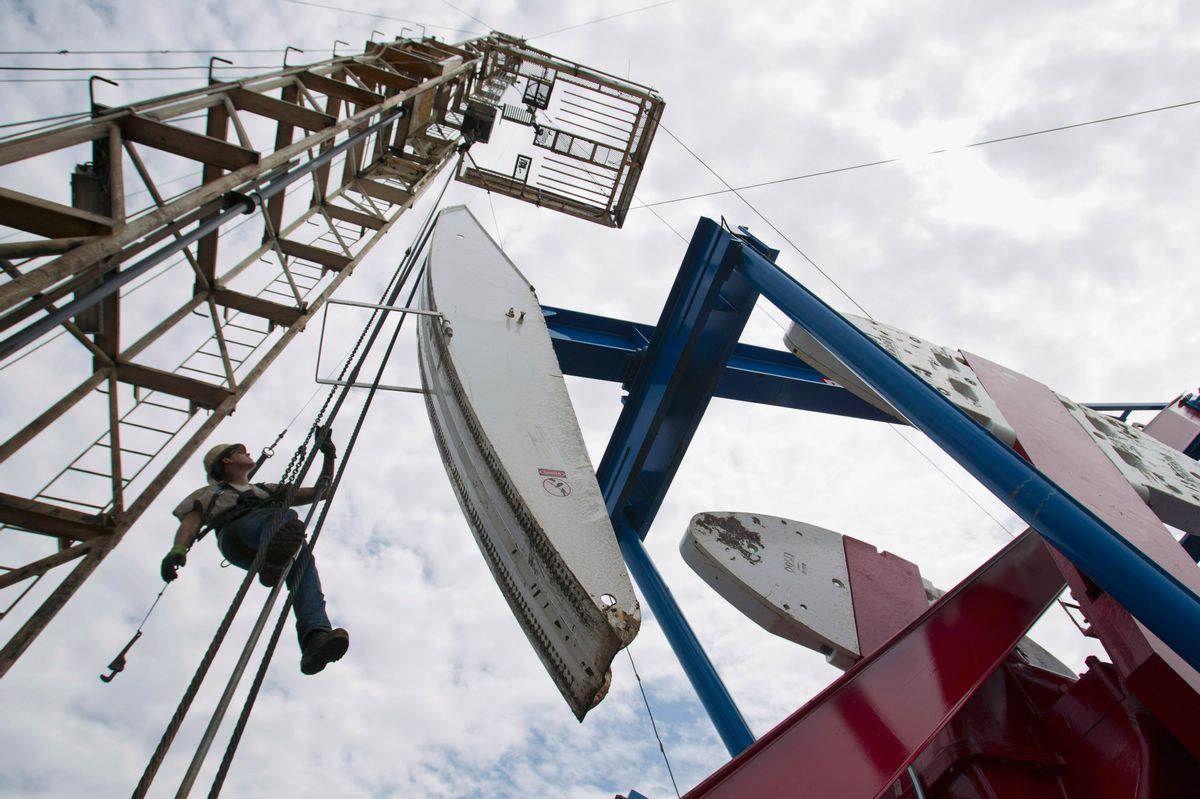Oil is in the news again — as if it ever left.
With the release of the International Energy Agency’s new demand forecast last week, and with geopolitical crises simmering to a boil in and around Iran and Venezuela, the fate of global oil prices is on the minds of analysts everywhere.
Might gas be closer to $4 per gallon by this time next year, or $2? The factors are endless, and it’s long proven a fool’s game to predict oil prices even days, much less weeks or months, ahead.
It seems like a good time to remember how we got here, and CNBC has a timely 12-minute primer on America’s increasing demand for crude oil and natural gas over the past 160 years.
Although one US president after another has vowed to reduce the country’s reliance on hydrocarbon energy, we continue to consume more fossil fuels every year. This, despite advances in renewable-energy production and efficiency, improved vehicle-mileage standards, and much higher prices at the pump compared to 50 years ago.
For the past 10 years, as conventional (cheaper) production has plateaued, almost all the new production growth in the United States has come from unconventional methods — primarily fracking. The industry has reversed 40 years of US production decline with this technology, and has remained, thus far, surprisingly resilient.
But, as the video teases near the start and again at the end, it’s becoming clear that most fracking companies are not actually making money. In fact, they remain mired in debt with no end in sight. That’s a real problem for assertions of US energy “independence.”
In the final minute, Vanity Fair editor and bestselling author Bethany McLean even suggests the US fracking industry is a “Ponzi scheme.”
CNBC aims to go into more detail on the realities of fracking economics in a follow-up video short. Stay tuned.
In the meantime, Google the phrase “fracking debt,” and behold the anxiety from industry insiders. What do you think it will mean if, or when, Wall Street investors wise up, the industry’s enabling investment capital dries up, and the fracking “revolution” goes belly up?
One shudders to think.


Shares